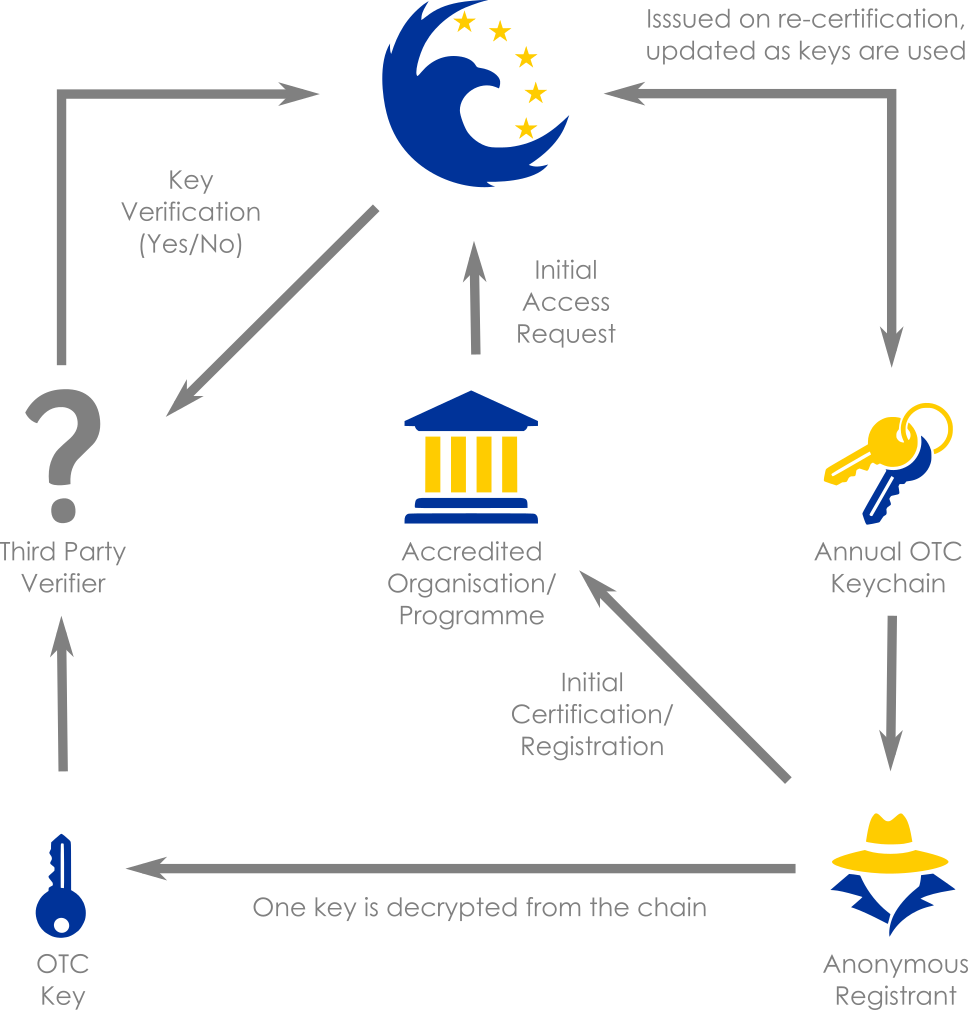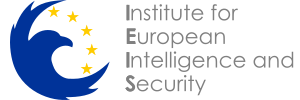Although covert intelligence officers work across various areas, examination of expenditure reveals the majority of budgetary commitment is divided between signals intelligence (SIGINT) and human intelligence (HUMINT). The Institute focuses on the professionalisation of HUMINT activities as the domain of signals and cyber intelligence is already catered for through professional bodies such as engineering and mathematics.
In modern intelligence practice, intelligence professionals may find themselves operating across collection disciplines. Institute registers are therefore for all practicing intelligence professionals regardless of their primary focus. Registrants are recognised for their competence, ability and integrity. They are highly skilled and knowledgeable professionals and are professionally accountable to the public.
Zero-Knowledge
The traditional arguement against the professionalisation of the intelligence services have been on the grounds of security. After all, a traditional public list of members could be used by an adversary to identify covert operatives and undermine national security. However, the Institute’s rebuttal to this flawed arguement is a zero-knowledge proof.
The Institute maintains a list of memberships (not members) and ties those memberships to one-time keys that only the member has. They cannot pass on that key without invalidating their own membership and once it is used to validate a membership, it can never be used again. The use of the key does not require a person to identify themselves as it only verifies that the public membership record relates to the person holding the key. This enables anyone to validate a membership against an individual, without needing to know who they are.
This process extends to those in the process of applying for membership too. There are multiple pathways for a candidate for professional membership to demonstrate their eligibility anonymously. Most commonly by obtaining an accredited qualification or by being a member of an accredited organisation. Accredited bodies can refer their members and alumni to the Institute without disclosing or even knowing the candidate’s identity. That way, initial certification and credentials can be issued without the Institute knowing who they are accrediting. For example, the Institute often arranges for candidates to attend its Intelligence Academy in Vienna under cover identities.
Intelligence officers know better than most that any system can be hacked and any organisation can be infiltrated. However, no organisation can leak what it doesn’t know.

Personally identifying members without personally identifying details.
Zero-Trust
Security is guaranteed because the Institute makes use of mutually agreed cut-outs, anonymising compartmentalisation, cover identities and other clandestine tradecraft techniques the membership will trust, control and be very familiar with from their work. As with all intelligence work, no one channel is trusted exclusively and information is always verified against multiple sources.
Although the Institute does not hold details on members. Extensive dossiers on memberships are maintained and constantly analysed so that illegitimate transferrance, false claims and disciplinary behaviour can be identified without compromising the individual concerned.
This persistent authentication forms an integral part of verifying a membership against a member whilst protecting their identity from disclosure. It is also a life-saving security mechanism for members as it mirrors how OSINT collectors would have “made book” on them over the course of their careers. Thereby, providing early warning of public identity traces and blown cover.
Zero-Tolerance
The integrity of a professional register is maintained by ensuring those listed are compliant with international standards for competence and conduct. In most professional bodies, this is achieved through a complaints and audit system. But under the cloak of secrecy, direct inspection and audit is not only less effective, but a reduction in the use of that tactic has proven not reduce the Institute’s ability to enforce standards in secret work.
It is often said that in intelligence our failures are known and our successes are not. It can reasonably be assumed that those assessed for competency on entry and regularly completing annual re-assessment are compliant because persistent malpractice and incompetence leaves clear traces. So, the integrity of a register of secret professionals is more dependent on the membership not being linked to unprofessional behaviour than the member themselves. Therefore, the Institute does not need to conduct intrusive inspections of individual members, as the analysis of actions associated with a membership reveals persistent failures in competence, conduct and standards.
In fact, the routine presence of secrecy only makes it easier to investigate incompetence and malpractice and identify its culprits for professional sanction. Therefore, the Institute relies more upon the open-source post-mortem analysis of intelligence failure to discover and strike members from the register. Meanwhile, intrusive inspections and audits are reserved for organisations, qualifications or members in non-sensitive positions.
Fraudulent Claims
Falsely claiming Institute accreditation or registration is an offence under civil law. Legal action will be taken against all known offenders. Pending litigation, the details of organisations and individuals falsely claiming accreditation or registration will also be listed here:
There are no current fraudulent claims cases.
Registry Search
If you are enquiring about the accreditation of education programmes and institutions displaying approved logos, you do not require an individual member’s authentication code. If you are enquiring about a specific individual, you must input the authentication code they provide you with to verify their credentials. We aim to reply with a confirmation within 5 working days.

